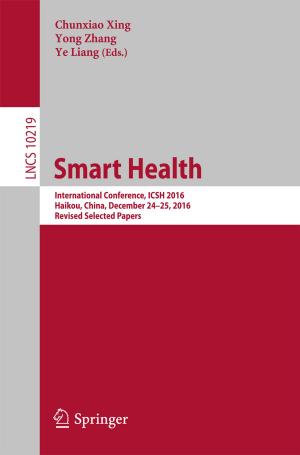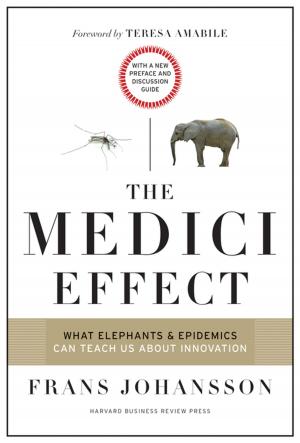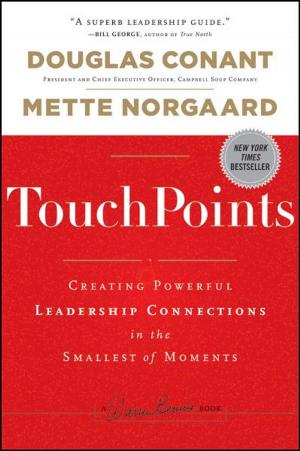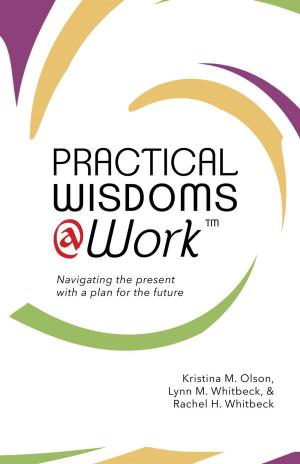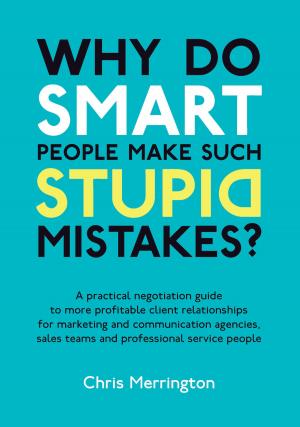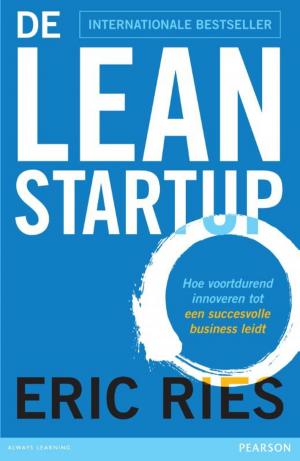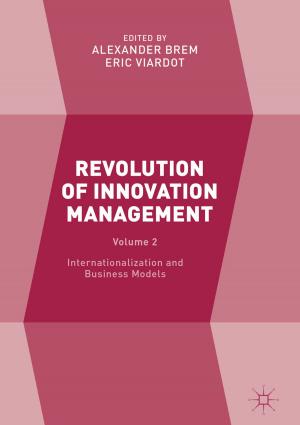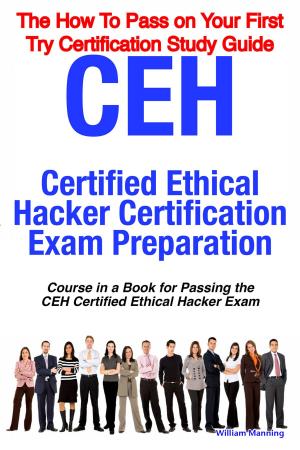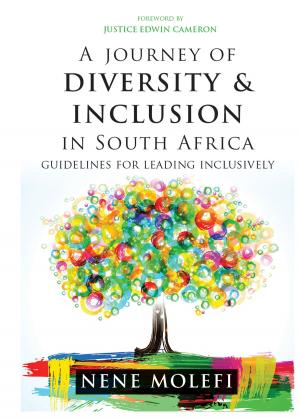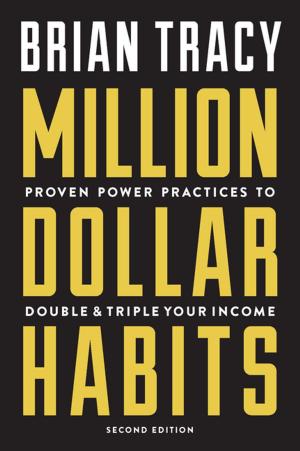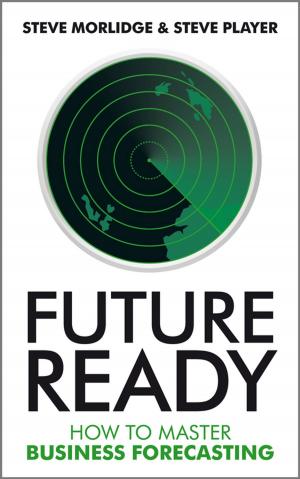Blue-Print on Organic Production & Responsible Consumption
001
Business & Finance, Career Planning & Job Hunting, Entrepreneurship, Entrepreneurship & Small Business, Management & Leadership, Management| Author: | Amos Obi | ISBN: | 9781386610953 |
| Publisher: | BrainMight | Publication: | April 6, 2018 |
| Imprint: | Language: | English |
| Author: | Amos Obi |
| ISBN: | 9781386610953 |
| Publisher: | BrainMight |
| Publication: | April 6, 2018 |
| Imprint: | |
| Language: | English |
“To me, the cost of unsustainable and exploitative use of the earth and natural resources is one of the greatest prize mankind must continue to pay in perpetual poverty and extreme hunger. The only solution which must urgently be applied is organic production and sustainable living.”
-------My view
Therefore, I try to draw heavily upon my over three decades of observation, experimentations and research on the environment and human survival. I owe an immense debt to all my colleagues and team member at the HETAVED SKILLS ACADEMY AND NETWORKS INTERNATIONAL, as well as past and present mentors, partners and network organizations. In particular, I am most delighted to acknowledge the partnership with Professor Ogbonna Okorie, Dean Faculty of Pharmaceutical Sciences, University of Port Harcourt, Nigeria and Dr. Timon O. Emede , Head of Department, Crops Science, Faculty of Agricultural Science, University of Benin, Nigeria: together we created the Nature First Campaigns and the Organic Wastes-to- Green Products Concept. Through this partnership and campaigns, we have created and innovated the:
- HETAVED Organic Floating Fish Feeds, which enables small holders fish farmers venture into profitable aquaculture business
- HETAVED Organic Liquid Fertilizers, which also helps small holder farmers grow food crops and vegetables organically and profitably for livelihood and sustenance and
- HETAVED Ecosafe Campaigns -NATURE FIRST movement - which resulted to this book: ORGANIC PRODUCTION & SUSTAINABLE DEVELOPMENT SYSTEMS.
This book has come out at a time like this to bridge the gap between unsustainable living and transformative development, which is the core of the UN SDG- Sustainable Development Goals. It is a book about how people could change their practices and relationship with the earth and feed themselves into the future and overcome poverty and extreme hunger with climate change hazards. As am I writing this book, I tried to approach these extremes dimensions with the mind of individual and corporate responsibility. This is why rather focusing all our attention on the concern of whether organic food is healthier, our inquiry displaces ‘risk’ from the realm of consumption into that of production.
Thus, the sum up the points of the augment here:
Firstly, that the use of chemicals, high-input, highly mechanized farming and production systems destroys the land.
This view according to Robert Biel in the book: “Sustainable Food Systems” was strongly supported by Karl Marx in the nineteenth century and similarly by the pioneers of the organic movement in the twentieth century. Hence, this book offers a platform and suggests a new thinking to revolutionize organic farming as the way out of human social economic problems.
Secondly, we try to reduce and remove the complexity of language and terminologies that makes it very difficult for the average Dick and Harries to understand the implications and applications of organic practices and systems. It is very obvious that until this lack of ‘understanding’ of the link between nature and human activities- food chains- farming, production and daily living activities-, is removed or reduced to the barest minimum, there will hardly be a profitable productive venturing to satisfy human and animals food needs.
“To me, the cost of unsustainable and exploitative use of the earth and natural resources is one of the greatest prize mankind must continue to pay in perpetual poverty and extreme hunger. The only solution which must urgently be applied is organic production and sustainable living.”
-------My view
Therefore, I try to draw heavily upon my over three decades of observation, experimentations and research on the environment and human survival. I owe an immense debt to all my colleagues and team member at the HETAVED SKILLS ACADEMY AND NETWORKS INTERNATIONAL, as well as past and present mentors, partners and network organizations. In particular, I am most delighted to acknowledge the partnership with Professor Ogbonna Okorie, Dean Faculty of Pharmaceutical Sciences, University of Port Harcourt, Nigeria and Dr. Timon O. Emede , Head of Department, Crops Science, Faculty of Agricultural Science, University of Benin, Nigeria: together we created the Nature First Campaigns and the Organic Wastes-to- Green Products Concept. Through this partnership and campaigns, we have created and innovated the:
- HETAVED Organic Floating Fish Feeds, which enables small holders fish farmers venture into profitable aquaculture business
- HETAVED Organic Liquid Fertilizers, which also helps small holder farmers grow food crops and vegetables organically and profitably for livelihood and sustenance and
- HETAVED Ecosafe Campaigns -NATURE FIRST movement - which resulted to this book: ORGANIC PRODUCTION & SUSTAINABLE DEVELOPMENT SYSTEMS.
This book has come out at a time like this to bridge the gap between unsustainable living and transformative development, which is the core of the UN SDG- Sustainable Development Goals. It is a book about how people could change their practices and relationship with the earth and feed themselves into the future and overcome poverty and extreme hunger with climate change hazards. As am I writing this book, I tried to approach these extremes dimensions with the mind of individual and corporate responsibility. This is why rather focusing all our attention on the concern of whether organic food is healthier, our inquiry displaces ‘risk’ from the realm of consumption into that of production.
Thus, the sum up the points of the augment here:
Firstly, that the use of chemicals, high-input, highly mechanized farming and production systems destroys the land.
This view according to Robert Biel in the book: “Sustainable Food Systems” was strongly supported by Karl Marx in the nineteenth century and similarly by the pioneers of the organic movement in the twentieth century. Hence, this book offers a platform and suggests a new thinking to revolutionize organic farming as the way out of human social economic problems.
Secondly, we try to reduce and remove the complexity of language and terminologies that makes it very difficult for the average Dick and Harries to understand the implications and applications of organic practices and systems. It is very obvious that until this lack of ‘understanding’ of the link between nature and human activities- food chains- farming, production and daily living activities-, is removed or reduced to the barest minimum, there will hardly be a profitable productive venturing to satisfy human and animals food needs.

